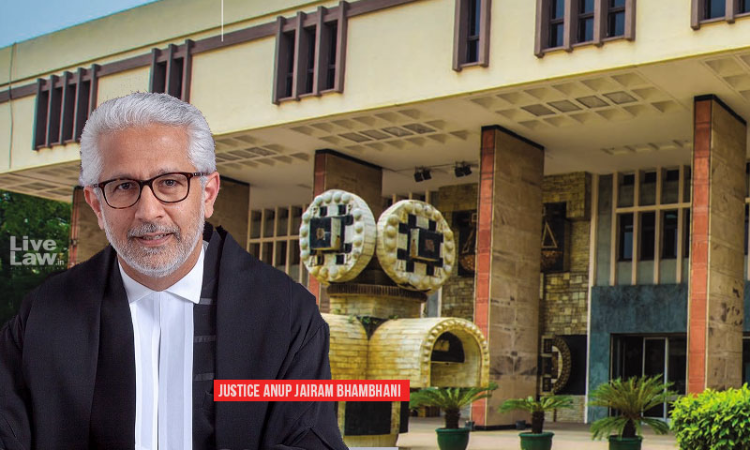The High Court of Delhi has held that Section 12(5) that provides for grounds of ineligibility of arbitrator would apply regardless whether the notice of arbitration was given before or after the 2015 amendment came into force provided that the appointment was made on a date Section 12(5) was in force. The bench of Justice Anup Jairam Bhambhani held that in view of Section...

